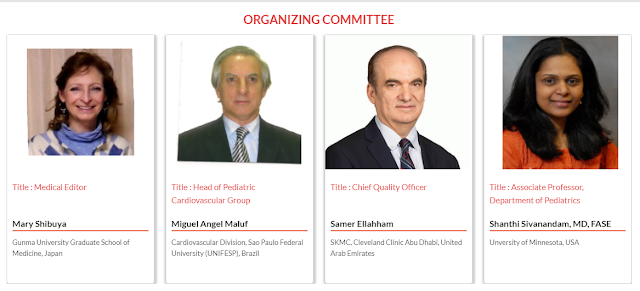Heart disease progress is slowing or stalling, study says. Obesity is likely to blame.
Progress in reducing the number of deaths related to cardiovascular disease has been waning in recent years, heightening concerns that the obesity epidemic in the United States is undoing improvements in heart health. A research letter published Tuesday in Journal of the American Medical Association confirms that although the death rates from heart disease, diabetes, stroke and related disorders have been decreasing for decades, the rates have recently slowed or stalled. “At best, progress has slowed to a halt, and, at worst, our rates of cardiovascular disease are going up,” said Steven Nissen, chief academic officer for the Heart and Vascular Institute at Cleveland Clinic. “And the cause, pretty much everybody agrees, is the obesity epidemic and all of its downstream consequences.” More than 93 million adults and nearly 14 million children and adolescents in the United States are considered to be obese — a number that has been climbing for decades, according
